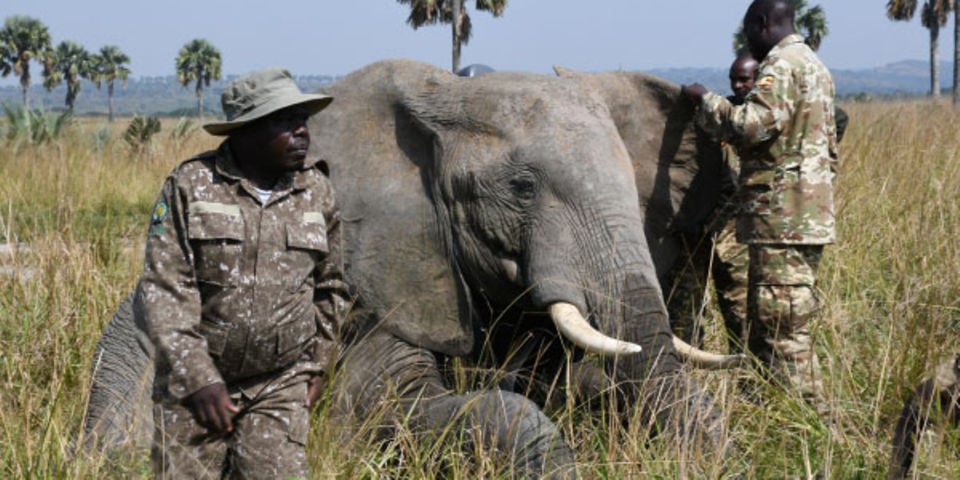Report: Global wildlife populations decline by 69% since 1970

A chimpanzee in Kalinzu forest, Bushenyi District, Western Uganda. Uganda is one of the few countries where primates thrive. PHOTO/ZADOCK AMANYISA
What you need to know:
- Conservation experts suggest that one million plants and animals are threatened with extinction because of losing their natural habitats.
The Living Planet Report 2022 report by World Wildlife Fund (WWF), anindependent international conservation organization has registered a 69% decline in global Wildlife populations from 1970-2018.
The report done through a study of trends in global biodiversity and the health of the planet was released on October 13 revealing that “Latin America shows the greatest regional decline in average population
abundance (94 per cent) of monitored wildlife populations.”
Freshwater species populations have seen the greatest overall global decline of 83 per cent, according to the report.
The report attributes the decline in wildlife populations to human-induced climate change and biodiversity loss, something that continues to threaten the well-being of current and future generations.
Further, the WWF 2022 report points out changes in land and water use, overexploitation of plants and animals, climate change, pollution and invasive alien species as major direct driving forces for the degradation of terrestrial freshwater and marine systems on earth.
“These direct drivers of biodiversity loss and the degradation of ecosystems and their services stem from increasing demands for energy, food and other materials because of rapid economic growth, increases in population, international trade, and choices of technology, especially over the last 50 years,” the report says.
Conservation experts suggest that one million plants and animals are threatened with extinction because of losing their natural habitats.
“1-2.5 per cent of birds, mammals, amphibians, reptiles and fish have already gone extinct; population abundances and genetic diversity have decreased; and species are losing their climatically determined habitats,” the report highlights.
Findings in the report warn that planet Earth has attained the warmest point since pre-industrial period and if not limited to less than two degrees centigrade, climate change will become the dominant driver of biodiversity loss.
“The Earth has already warmed by 1.2o degrees centigrade since pre-industrial times. While climate change has not been the dominant driver of the loss of biodiversity to date, unless we limit warming to less than 2oC, and preferably 1.5o degrees centigrade, climate change is likely to become the dominant cause of biodiversity loss and the degradation of ecosystem services in the coming decades,” the report adds.
Call for action
WWF saysthe planet is in the midst of a biodiversity and climate crisis, and everyone has the last chance to act to bring about change.
“This goes beyond conservation since a nature-positive future needs transformative - game changing - shifts in how people produce, how they consume, govern, and what they finance,” WWF emphasized.





